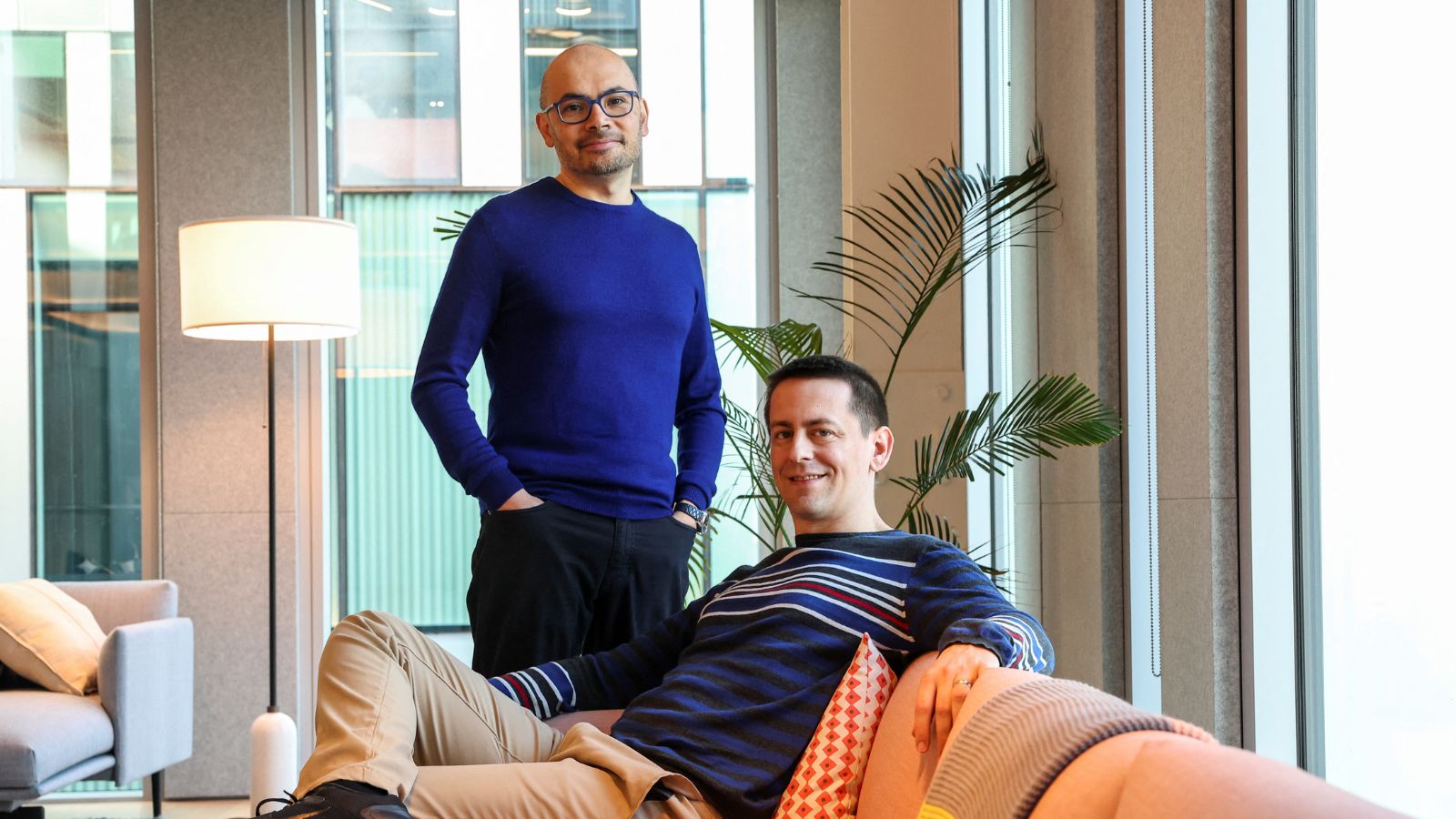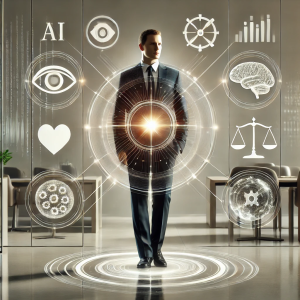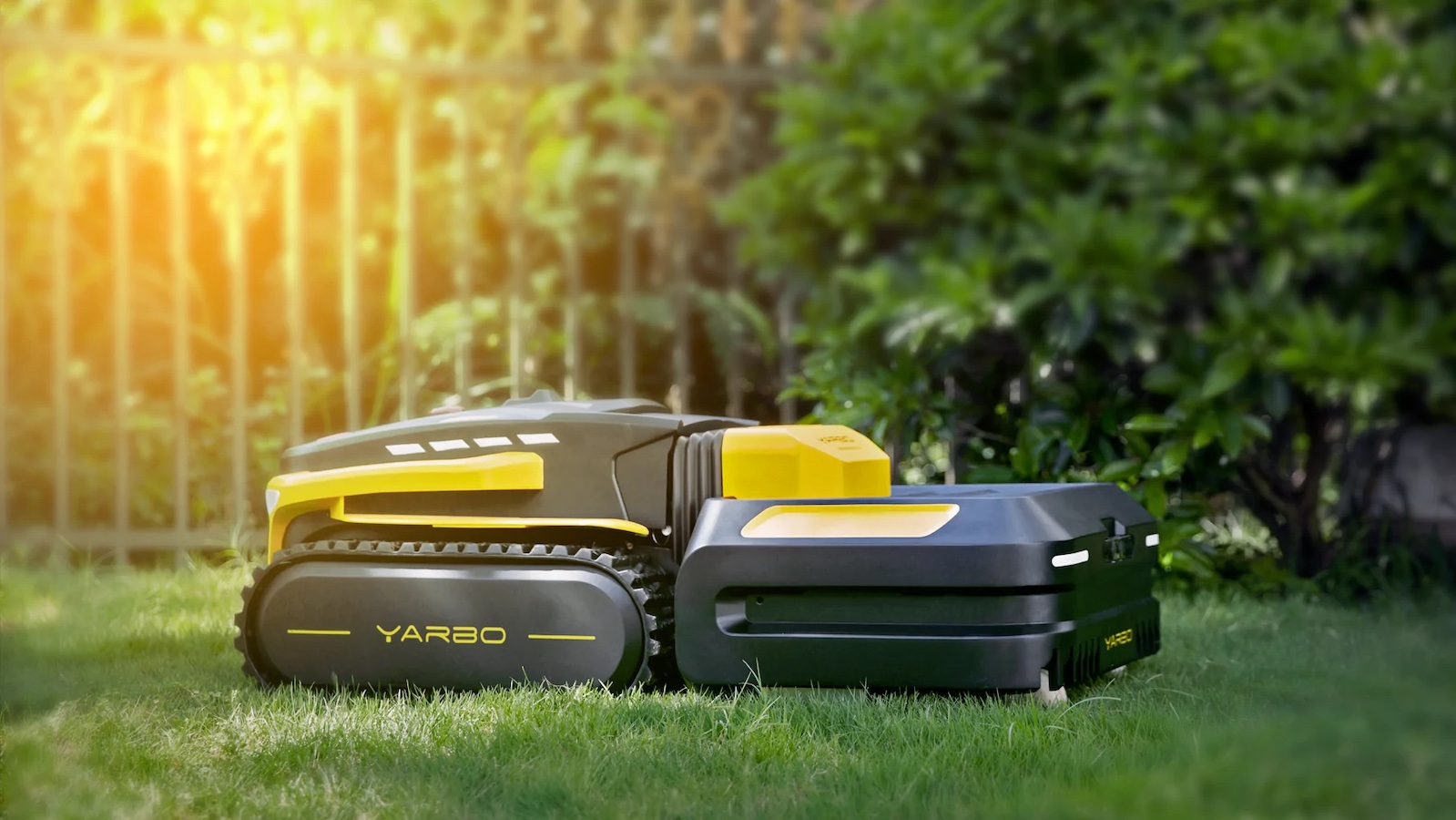- TECHSWU
- Posts
- TECHSWU
TECHSWU

This week, the Nobel Prize spotlight shines on technology as Google-affiliated pioneers Demis Hassabis and John Jumper, along with U.S.
biochemist David Baker, snag the Chemistry award for their groundbreaking work in decoding microscopic protein structures. Meanwhile, Geoffrey Hinton, a former Google researcher, wins the Physics prize for his foundational contributions to machine learning.
This recognition has sparked fervent debate over the balance of power in AI research and the appropriateness of awarding Nobels in traditional categories. Critics argue that the lack of a dedicated Nobel for computer science distorts the meritocratic nature of these prestigious accolades.
As discussions about Google’s dominance and ethical implications in AI ramp up, Hinton himself expresses regret over his career, raising alarms about the potential existential threats posed by advanced AI systems. This controversy signals a pivotal moment in the evolving landscape of technology and academia.

In a whirlwind of celebrations following his Nobel Prize win in physics, AI pioneer Geoffrey Hinton emphasized the crucial link between scientific exploration and the tech industry. Despite initially steering clear of corporate collaborations, Hinton's journey highlights how advancements in artificial intelligence are significantly backed by tech giants like Google and Microsoft, offering the computational power necessary for groundbreaking research.
This blend of curiosity-driven exploration and corporate financial muscle is reshaping the future of AI, as evidenced by Hinton's recognition alongside colleagues who used AI for revolutionary protein design, earning them another Nobel in chemistry. Yet, as researchers celebrate these milestones, ethical concerns about AI's trajectory loom large, with Hinton warning against potential risks of losing human control over superintelligent machines.
Ultimately, the interplay between scientists and the tech industry represents both a remarkable opportunity for discovery and a challenge in ethical governance.


This week's retail technology roundup is buzzing with excitement! Flying Tiger Copenhagen has successfully launched its loyalty app across Scandinavia, bringing exclusive discounts to customers. However, Currys' CITO Andy Gamble warns that an over-reliance on data is stifling the creativity that sets retailers apart.
Meanwhile, Marks & Spencer is pioneering autonomous farming to offer sustainable, lower-carbon parsnips. In the world of luxury fashion, Vestiaire Collective appoints Stacia Carr as Chief Tech and Product Officer, aiming to enhance the online shopping experience with AI.
Save A Lot dives into the on-demand grocery scene with a new partnership, while EE unveils an immersive extended reality playground in London. Additionally, Evri partners with Scope to improve delivery for those with disabilities.

In the rapidly evolving landscape of public service, artificial intelligence (AI) is emerging as a game-changer, offering public servants what can be described as "superpowers." In this engaging article, Mauricio Covarrubias highlights how AI can enhance the capabilities of public officials, allowing them to tackle complex societal challenges more effectively and ethically.
Key advancements include “expanded vision,” enabling data-driven insights into public health and disaster management; “infallible decision-making,” which reduces human bias in urban planning; and “omnipresent presence,” providing citizens with 24/7 access to government services. Additionally, AI fosters “empathetic communication,” improving interactions in sensitive areas like health and social welfare.
As governments adopt these technologies, Covarrubias underscores the importance of training public servants to harness AI's potential while addressing ethical concerns. Stay tuned for Part II, where even more AI-enhanced superpowers will be unveiled.

In the age of endless streaming options, keeping track of your favorite TV shows can feel overwhelming. Fear not! This article highlights the five best free apps—Trakt, JustWatch, TV Time, Moviebase, and Hobi—that cater to both Android and iOS users, making your watchlist management a breeze.
Each app boasts unique features such as personalized recommendations and community engagement, transforming your viewing experience. With intuitive interfaces, extensive databases, and customization options, you can easily track what you’ve watched, explore new series, and even connect with fellow fans.
Whether you're a casual viewer or a binge-watching enthusiast, these apps are essential tools for anyone looking to enhance their TV experience.

At a captivating launch event at Warner Bros. Studios, Elon Musk has unveiled Tesla's game-changing autonomous vehicle, the Cybercab.
Designed to operate without a steering wheel or pedals, this innovative robotaxi eliminates the need for traditional driving controls, offering a cutting-edge travel experience for its two passengers. Its sleek, futuristic design features butterfly doors and uses wireless inductive charging, meaning it won't even require a charging port—simply drive over a charging station! Set to revolutionize transportation, the Cybercab is expected to produce a production-ready model by 2026, pending regulatory approval.
Bosch and Tenstorrent are joining forces to revolutionize the automotive chip landscape! This exciting collaboration focuses on standardizing chiplets—key building blocks that can be mixed and matched to create customized computing systems tailored for various vehicles. By streamlining how automotive chips are purchased and developed, the partnership aims to lower costs and speed up innovation, especially as the industry shifts towards electric vehicles and advanced automation.
Tenstorrent, led by chip-design guru Jim Keller—who previously worked on Tesla’s autonomous driving chips—hopes that standardizing chip specifications will give automakers more flexibility while enhancing production efficiency. While no specific products are on the horizon yet, this partnership could pave the way for a new era of automotive technology, blending driver assistance and electrification to turn cars into high-tech marvels on wheels.

A fascinating new study reveals that our brains act like movie directors, segmenting continuous experiences into distinct "scenes" for better memory retention. Led by Christopher Baldassano at Columbia University, this research highlights how we naturally compartmentalize our lives around significant moments.
Using brain scans, the team discovered that when volunteers listened to narratives, the medial prefrontal cortex lit up during key events, showcasing how focus and attention shape our memory. Participants who zeroed in on specific details remembered them better, emphasizing how our mental spotlight influences what we retain in our memory bank.
This breakthrough not only sheds light on the mechanics of memory formation but also hints at potential therapeutic strategies for conditions like PTSD and dementia.

Meet the future of lawn care with the Yarbo Lawn Mower M1, an innovative intelligent mowing robot that takes the chore out of maintaining your yard. Equipped with advanced RTK-GPS positioning technology, this sleek robot efficiently navigates your lawn, creating virtual boundaries for precise cutting.
With a robust cutting area of up to 2.3 acres and the ability to tackle slopes up to 68%, it's designed for high-capacity use.
Control it all from the convenience of a mobile app, where you can easily set up multizone schedules and manage no-go areas. Boasting a waterproof rating of IPX8, the Yarbo is resilient against the elements.

In the dynamic world of journalism, artificial intelligence (AI) is rapidly transforming how news is created and consumed. In a recent WXXI segment, host David Streever explores current AI applications, showcasing insights from experts Felix M.
Simon and Jason Lucas. Simon’s extensive research, compiled in his report "Artificial Intelligence in the News," reveals how AI is enhancing content generation, while Lucas emphasizes the critical risks of AI-driven disinformation, especially during crises.
They discuss both the innovative benefits and the potential challenges AI poses within journalism, including ethical concerns and the need for fact-checking. With a touch of engagement, listeners are even treated to a sample of an AI-generated podcast, illustrating AI's potential in auditory storytelling.
As AI continues to develop, its role in journalism promises to evolve even further, reshaping the media landscape in the years to come.

Acer is set to make waves at GITEX Global 2024, showcasing a dynamic array of tech innovations and AI solutions from October 14-18 at the Dubai World Trade Centre. With a commitment to impress tech enthusiasts, Acer's stand (Hall 3, STAND NO: H3-C20) will feature cutting-edge products across multiple categories, including education, gaming, and sustainability.
Attendees can look forward to live demonstrations of the new Swift AI Copilot+ PCs, the durable Chromebook Plus 515, and the ultra-light TravelMate P614 laptop, all designed to elevate productivity and user experience. Gamers will be thrilled with the unveiling of the handheld Acer Nitro Blaze 7, promising seamless performance.
Furthermore, the Acer SpatialLabs Eyes 3D camera and Wave 7 Wi-Fi 7 mesh router will redefine connectivity and content creation.
